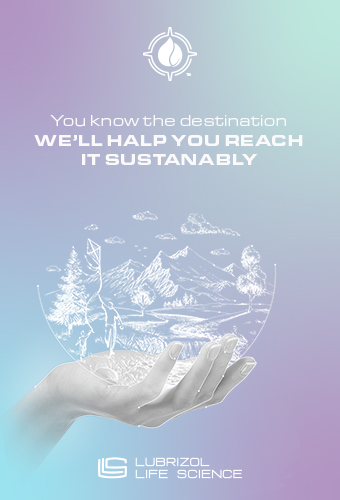Metsä Board, a leading supplier of fresh fibre paperboards, has updated its strategic 2030 sustainability targets. With these new targets, the company aims to strengthen its commitment to safeguarding natural biodiversity, mitigating climate change, promoting the sustainable use of natural resources, healthy workplace communities and ethical operations.
As far as biodiversity is concerned, the Finnish paperboard manufacturer has pledged to implement measures that increase the diversity of tree species and the amount of decaying wood in valuable habitats. Metsä Board also decided to double its set of indicators to monitor its impact on biodiversity.
Metsä Board’s target regarding climate change is unchanged. To mitigate climate change Metsä Board is aiming for 100% fossil free production and products by the end of the year 2030. This target includes both emissions from the company’s own energy production (scope 1) as well as purchased energy (scope 2). Currently, 87% of the energy used at Metsä Board mills is fossil free.
For water use, Metsä Board has set an even stricter target of 35% (previously 30%) reduction in process water use per product tonne and continues to aim at a minimum of a 10% energy efficiency improvement by the end of the year 2030 compared to the 2018 level.
Several indicators related to ethical operations and well-being at work have been added in target setting. Metsä Board will monitor job satisfaction, the implementation of anonymous recruitment processes, and the share of women in leadership positions.
Indicators related to society and supply chain sustainability include the share of certified wood, supplier surveys and audits, and shared sustainability targets with key partners.
With these updated targets, complementing its aim to have completely fossil free mills and raw materials by the end of 2030, Metsä Board intends to consolidate its forerunning position in sustainable production of fresh fibre paperboards.




































